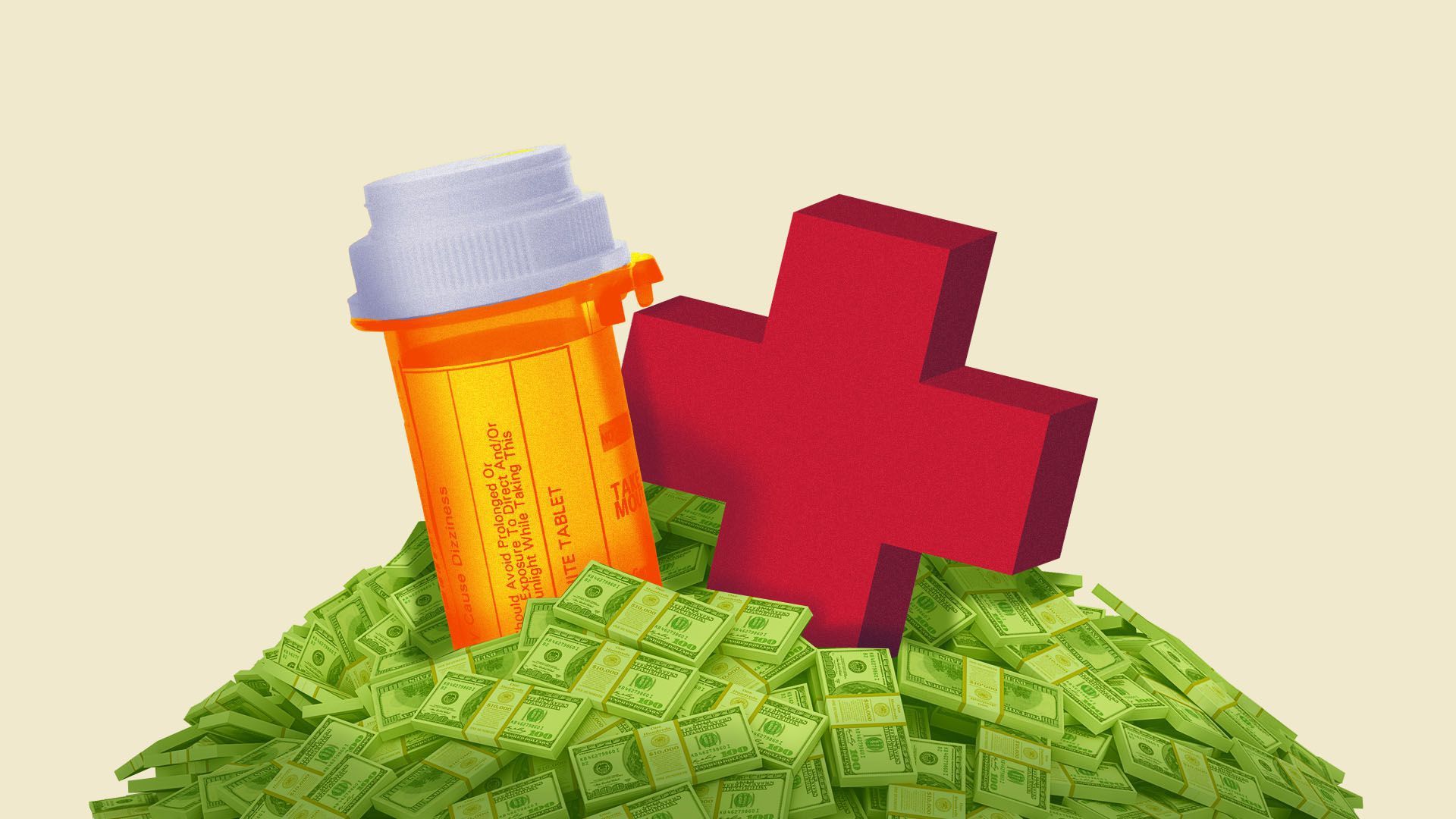| Four months after it lost a high-profile dispute at the Supreme Court, the Biden administration has yet to figure out how it will reimburse hospitals for as much as $10 billion in unlawful cuts to Medicare outpatient drug payments, Axios' Maya Goldman writes. Why it matters: Congress may have to step in and authorize billions in new spending to make the facilities whole if the government decides to claw back already allocated funds. Flashback: The Centers for Medicare and Medicaid Services in 2018 began cutting payments to safety-net providers in the federal 340B discount drug program by nearly 30% after research indicated some hospitals were profiting excessively from the program. - CMS applied the $1.96 billion in savings from the reimbursement cut by raising Medicare payments to all hospitals for non-drug items and services.
- But the Supreme Court ruled in June that the rate adjustments for 2018 and 2019 were illegal because HHS didn't first conduct a survey of hospitals' acquisition costs.
State of play: CMS this summer proposed policy changes and sought feedback on how to compensate the affected hospitals. - Repaying them without tapping into new funds would have a ripple effect and result in lower Medicare payments to 80% of all hospitals next year, according to an Avalere study.
- Further complicating matters, a lower court ruled last month that CMS had to stop discount drug program payment cuts for 2022.
What we're hearing: Hospitals say that new federal spending should be used to rectify the improper cuts. - But CMS hasn't said whether it agrees with that argument. And it's unclear if Congress would approve such a payment fix while it sorts through a passel of other year-end health care funding requests.
What we're watching: CMS could finalize a solution in early November as part of its Medicare outpatient payment rule for 2023. Emily Cook, a partner at law firm McDermott Will & Emery, thinks CMS will move forward with a solution that requires some clawbacks of already authorized funds. Yes, but: Health care providers are already asking Congress for relief from several other Medicare payment cuts. Read the rest. | 









No comments:
Post a Comment